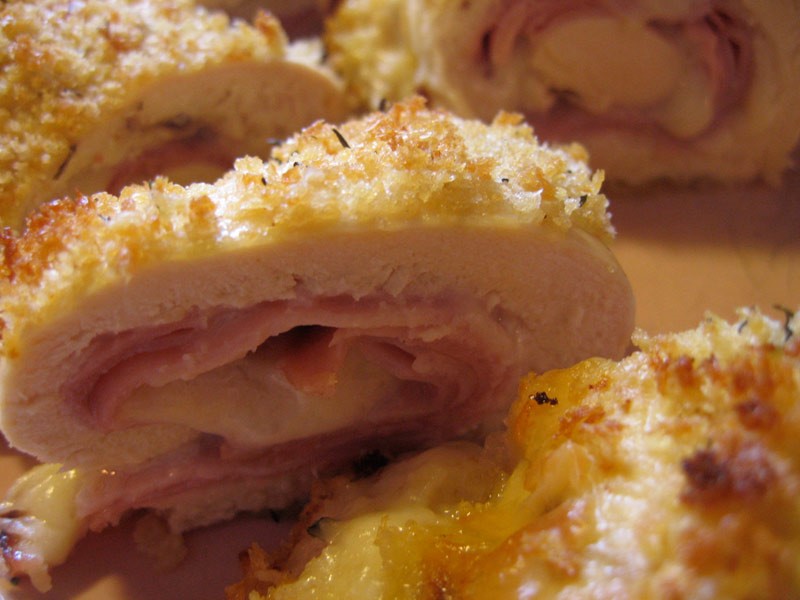
To listen to this reflection as a podcast, click here.
Chicken cordon bleu is a dish that features chicken wrapped around ham and cheese. The exterior is then breaded and fried.
It is a tender and delicious recipe that is entirely worthy of a blue ribbon, which is the French meaning of “cordon bleu.”
A few years ago I was dining alone in a hotel restaurant in Bucharest, Romania, following a weeklong mission trip. The following morning I would hop into the shuttle to the airport and then take three connecting flights back to Indianapolis.
My server helpfully interpreted the menu for me. “I’ll have this, please,” I said. It was chicken cordon bleu. I spent the evening reading, turned off the light in my hotel room, and settled into bed.
I awoke unexpectedly just before dawn. The alarm hadn’t even gone off. My stomach felt rather odd. As soon as I got to my feet I thought, “Uh-oh.” It occurred to me that I was on the verge of re-experiencing my chicken cordon bleu.
One trip to the bathroom followed another. This had to be food poisoning.
I suddenly recalled what a friend had told me years before: Whatever your condition, don’t become a patient in an eastern European hospital. Get yourself on the plane.
The shuttle ride to the airport, standing in the passport line, checking my luggage, and heading to the gate turned out to be some of the longest and most uncomfortable moments of my life.
I will never cease being thankful to the crew of my first flight, the one from Bucharest to Amsterdam. Even though I looked like a cast member from The Walking Dead, they took me aboard and even compassionately settled me into a first-class seat.
Somewhere over Germany the plane hit some major turbulence – the kind that encourages passengers to rediscover their prayer life.
I was praying, all right: “Lord, I’m ready to die. If the plane goes down, I’m so sorry about all these other people, but you can take me right now. If we do make it through this, please make sure I never attend a dinner party where they serve chicken cordon bleu.”
The human body has a dramatic way of dealing with contaminated food: Get it out. Now. All of it.
Every part of our physiology works together to accomplish this One and Only Mission. The good news is that food poisoning usually runs its course in about 24 hours.
Unfortunately, it’s not nearly so easy to be cleansed of a contaminated heart.
We can be afflicted for years with deep-seated anger; lingering resentments over past hurts; or the kind of envy that prompts us secretly to root for others to fail so we can look better. A 24-hour purge of such soul-polluting attitudes would be merciful. But God, for his own reasons, insists that we follow a longer and more difficult path – one that requires great humility.
We have to identify what is killing us, then determine that we can and must live without it.
David, horrified by the face he sees in the mirror, and wondering if he can ever be healed of soul poisoning, writes: “Create in me a pure heart, O God, and renew a steadfast spirit within me. Do not cast me from your presence or take your Holy Spirit from me. Restore to me the joy of your salvation and grant me a willing spirit, to sustain me” (Psalm 51:10-12).
The first step of the Twelve Steps of Alcoholics Anonymous has it just right: “We admitted we were powerless over alcohol (or greed or lust or despair) – that our lives had become unmanageable.”
Then, in humility, we surrender ourselves to a power infinitely greater than our own:
“Lord, I’m dying. I cannot cleanse my own heart. Purge me of whatever is polluting me spiritually. And give me the grace to trust you for the hope of a new life.”
Miraculously, he will.
For he’s a blue-ribbon Healer.
